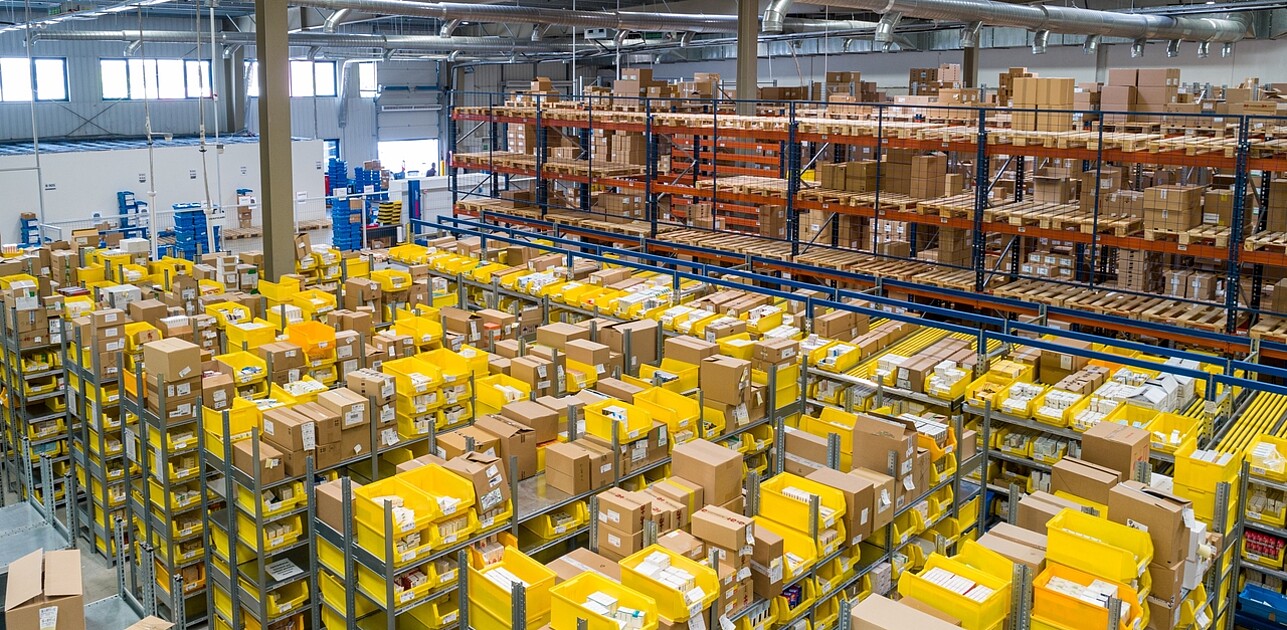

Article: Friday, 5 February 2016
Looking beyond automated processes can make logistics safer and more efficient, even though automation dominates the logistics sector. Understanding what motivates logistics managers and employees can lead to safer workplaces and greater productivity, according to PhD researcher Jelle de Vries from Rotterdam School of Management, Erasmus University (RSM). He will defend his thesis on 18 February.
In one of his studies de Vries found that warehouses led by managers with a safety-oriented style of leadership had fewer occupational accidents. These managers typically share the same motivation, or ‘regulatory focus’, when making leadership decisions. They are often driven by the desire to avoid negative outcomes – such as accidents – de Vries’ results show. Because of this focus on prevention, the emphasis is on employee duties and the responsibility to make safety a priority in the logistical process. Interestingly, de Vries’ results indicate improvements in safety do not hamper warehouse productivity.
In another study de Vries demonstrates how knowing the regulatory focus of a warehouse’s order pickers can be helpful in choosing the right method of order picking and incentives. In a laboratory experiment, De Vries found that order pickers with a prevention focus are more productive in picking methods that are based on co-operation. They also respond better to incentives that reward collective efforts.
In contrast, order pickers with a ’promotion focus’ value individual tasks more highly, so these workers are best placed using methods that are based on individual actions. And because they are more competitive, their productivity is also more likely to increase when they are rewarded with incentives based on individual work instead of team achievement. De Vries’ results show that productivity can be increased by matching the employee’s regulatory focus with the right order picking system and incentive structure, without negatively affecting quality. He expects that a better fit between employee and the picking system will also benefit employee well-being.
When studying truck drivers de Vries found that drivers with a high level of conscientiousness, or willingness to stick to the rules, were more likely to commit speed violations during their trips. Most likely this can be explained, de Vries adds, because these drivers feel more strongly committed to meeting management’s expectations and production targets. On the other hand, a higher awareness of safety did not come at the cost of production. In fact drivers who were more conscious of safety were also more productive.

Prof. Marcus Weinmann, Christof Naumzik and Prof. Feuerriegel's paper has been published in Marketing Science (STAR) under the title I Will Survive: Predicting Business Failures from Customer Ratings.


Science Communication and Media Officer
Rotterdam School of Management, Erasmus University (RSM) is one of Europe’s top-ranked business schools. RSM provides ground-breaking research and education furthering excellence in all aspects of management and is based in the international port city of Rotterdam – a vital nexus of business, logistics and trade. RSM’s primary focus is on developing business leaders with international careers who can become a force for positive change by carrying their innovative mindset into a sustainable future. Our first-class range of bachelor, master, MBA, PhD and executive programmes encourage them to become to become critical, creative, caring and collaborative thinkers and doers.
